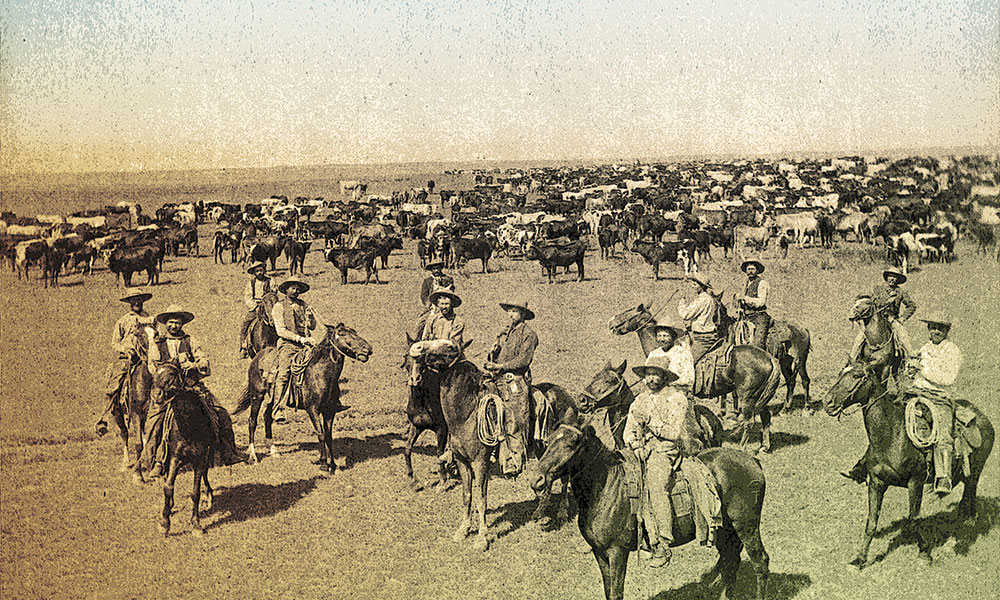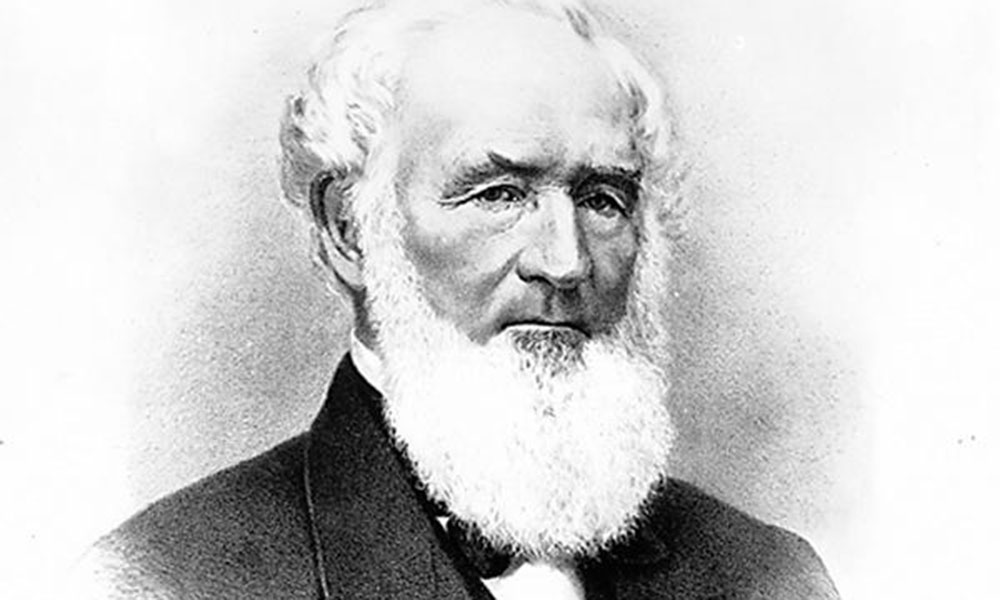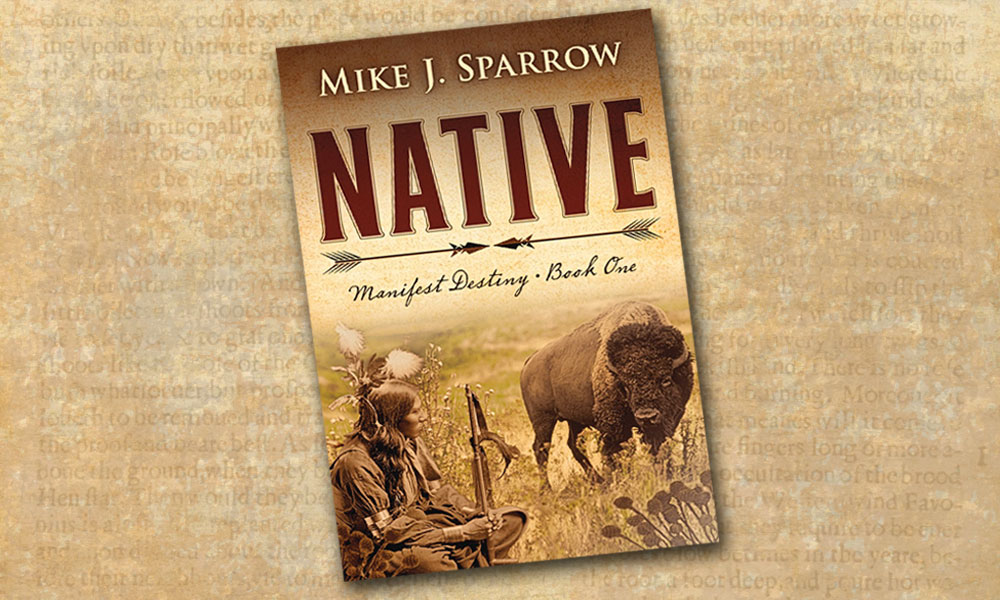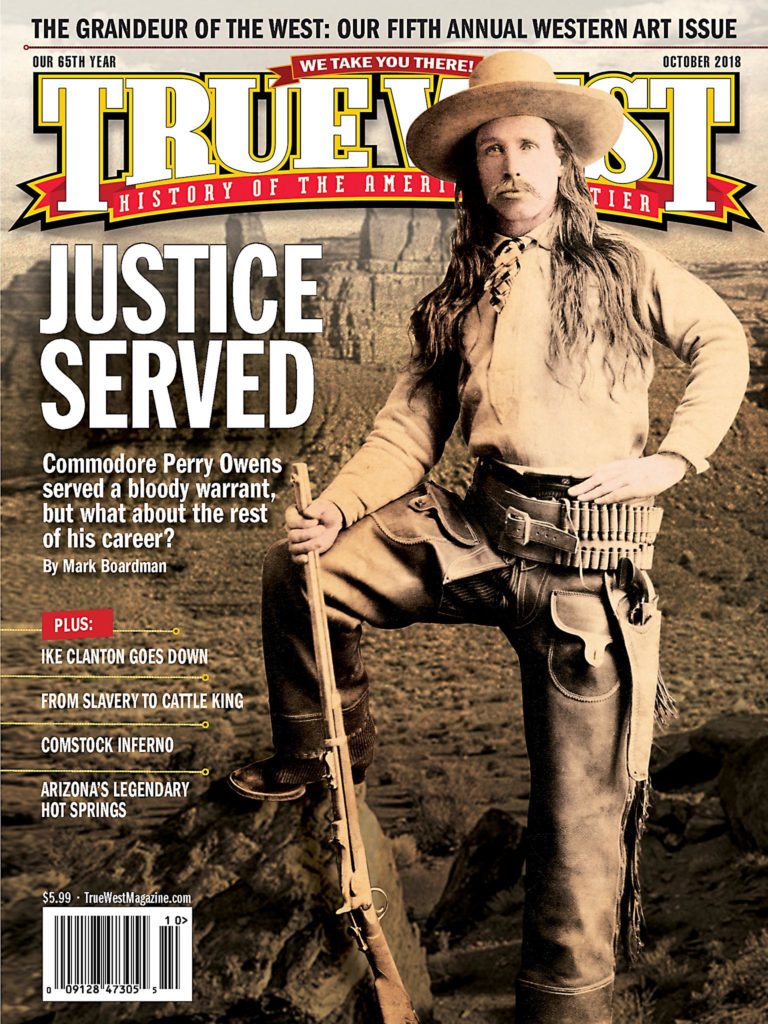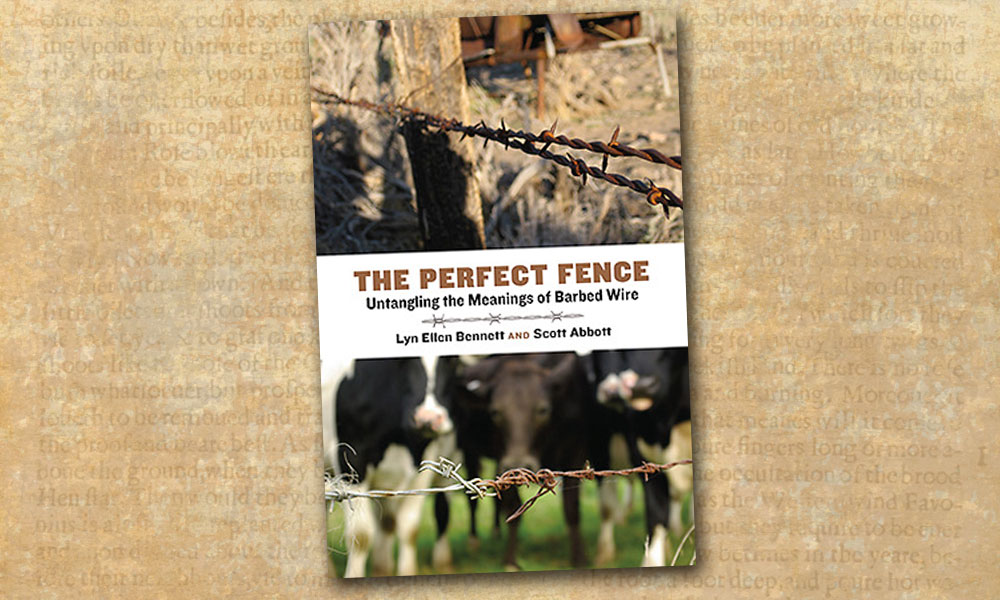
The open range in this country was doomed in 1873 when three men from DeKalb, Illinois—Jacob Haish, Joseph Glidden and Isaac Ellwood—each filed patents on what Glidden perhaps immodestly but accurately termed “The Invention That Shaped the Nation.”
A new type of fencing was needed for the vast and treeless Great Plains, and barbed wire met that need perfectly. But, as the title and subtitle, The Perfect Fence: Untangling the Meanings of Barbed Wire (Texas A&M University Press, $40) of the book by Lyn Ellen Bennett and Scott Abbott indicate, barbed wire has accrued metaphorical and cultural meanings.
After a thorough recounting of the history of barbed wire, debates over its potential cruelty and the fascinating means of promoting its use in Part One, the authors undertake an equally thorough examination of the role of barbed wire in art, film, literature and religion. This informative, readable book is well illustrated; the early advertising posters and fliers are of particular interest.
—Jim Hoy, Director Emeritus, Center for Great Plains Studies, Emporia State University
https://truewestmagazine.com/preservation-surrender-site/

